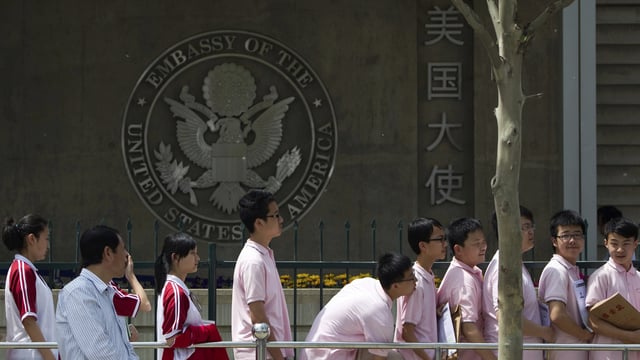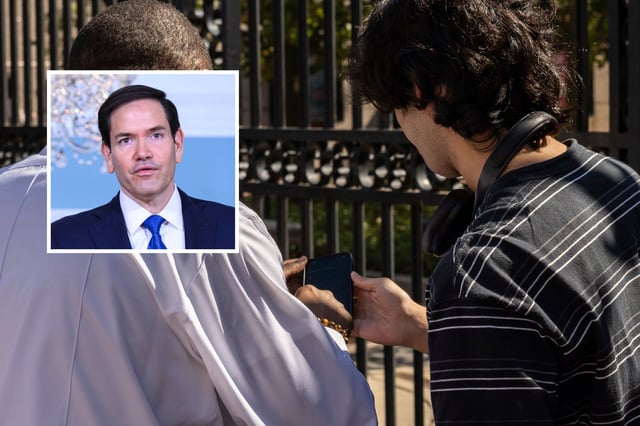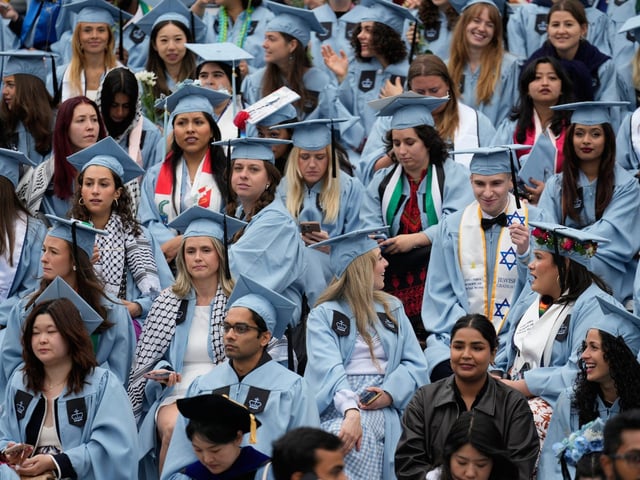Overview
- The State Department lifted its suspension on F-1, M-1 and J-1 visa appointments on June 18 by issuing guidance to resume embassy interviews worldwide
- Consular officers are instructed to review applicants’ entire online presence for hostile attitudes toward US citizens, culture, institutions, antisemitic harassment or support for designated terrorist groups
- All student and exchange visitor applicants must set their social media profiles to public and risk denial if they refuse, as limited visibility is deemed an attempt to evade screening
- The new rules require posts to be preserved with screenshots and prioritize expedited interviews for J-1 physicians and students bound for universities where international enrollment is below 15%
- Civil liberties advocates warn the ideological focus of the vetting could chill legitimate political expression and turn every consular officer into a censor



